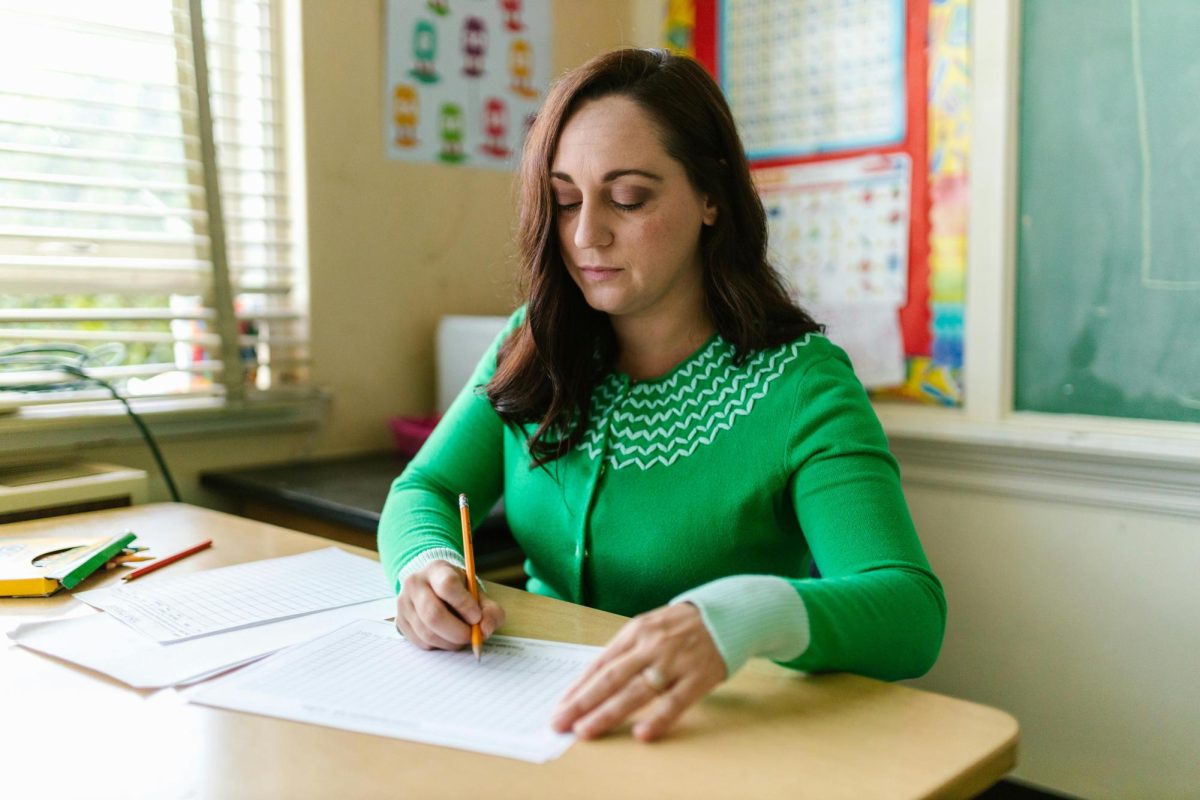We all know the feeling: that mix of euphoria and relief when you walk in the room and see a substitute standing at the front of the class. Whether a strict sub, a competent overseer or a relaxed retiree, you know you’re in for a period of talking or napping.
Our subs obviously aren’t intended to teach a class, as every student realizes, but do they still serve a purpose? What would happen if we just got rid of substitutes?
In his controversial Sept. 12 op-ed for the Washington Post, Jay Mathews argued substitute teachers are ineffective “interlopers” with no meaningful role in education. He contends that getting rid of substitute teachers is practical, given that they’re a huge money drag and don’t really add to the learning process. Mathews argues that we should ditch the substitute, and just allow students to decide what to do on the days when their teacher can’t make it.
But Mathews’ contention that short-term substitutes don’t serve an effective purpose isn’t completely valid. Even though replacement teachers are often reduced to middlemen passing out busy work, they keep the class orderly (somewhat), and more importantly, they keep kids in the classroom.
Yes, as educators, substitutes don’t add much, but as adult enforcers, they help keep teenage laziness from becoming truancy.
Mathews points out that hiring and managing substitutes is a huge time commitment for administrators, and he’s partially right; dealing with the up to 13 subs a day in the building can take attention away from more pressing needs. But when he argues that teachers can just trust their students to choose what to do responsibly without a sub, he’s dead wrong.
Anyone who’s spent more than a year at Whitman knows exactly what would happen in a class with no teacher to lay down the law: a skipping epidemic. Any class without a teacher would be practically deserted, especially in classes comprised of less-driven students.
But Mathews still raises an interesting point: that it’s ridiculous to waste money and management time for a sub who only serves as an amateur policeman. Whether popping in a movie or passing out busy work, no student leaves a substitute’s class with more knowledge than they came in with, and no teacher honestly expects a sub to teach a lesson.
The solution may be a concept Mathews touched on briefly in his column. Instead of spending more money to bring in replacements, why not find a teacher already in the building to step in and fill the absence. It’s not much additional work, all the stand-in would have to do is take attendance and then let the students be. Then, Mathews’ ideas could come into play, with some students taking a nap, and others doing homework; essentially, what the result is anyway with a substitute teacher.
Completely getting rid of substitutes isn’t practical; there’ll always be those days where the teacher is sick and no adult in the building is able to take their place. But cutting back on replacement teachers, and letting students pick their own plan for teacherless periods while an adult stand-in keeps everyone in the classroom, is surely a step in the right direction. Mathews ideas are slightly impractical and overly trusting in the maturity of teenagers.











